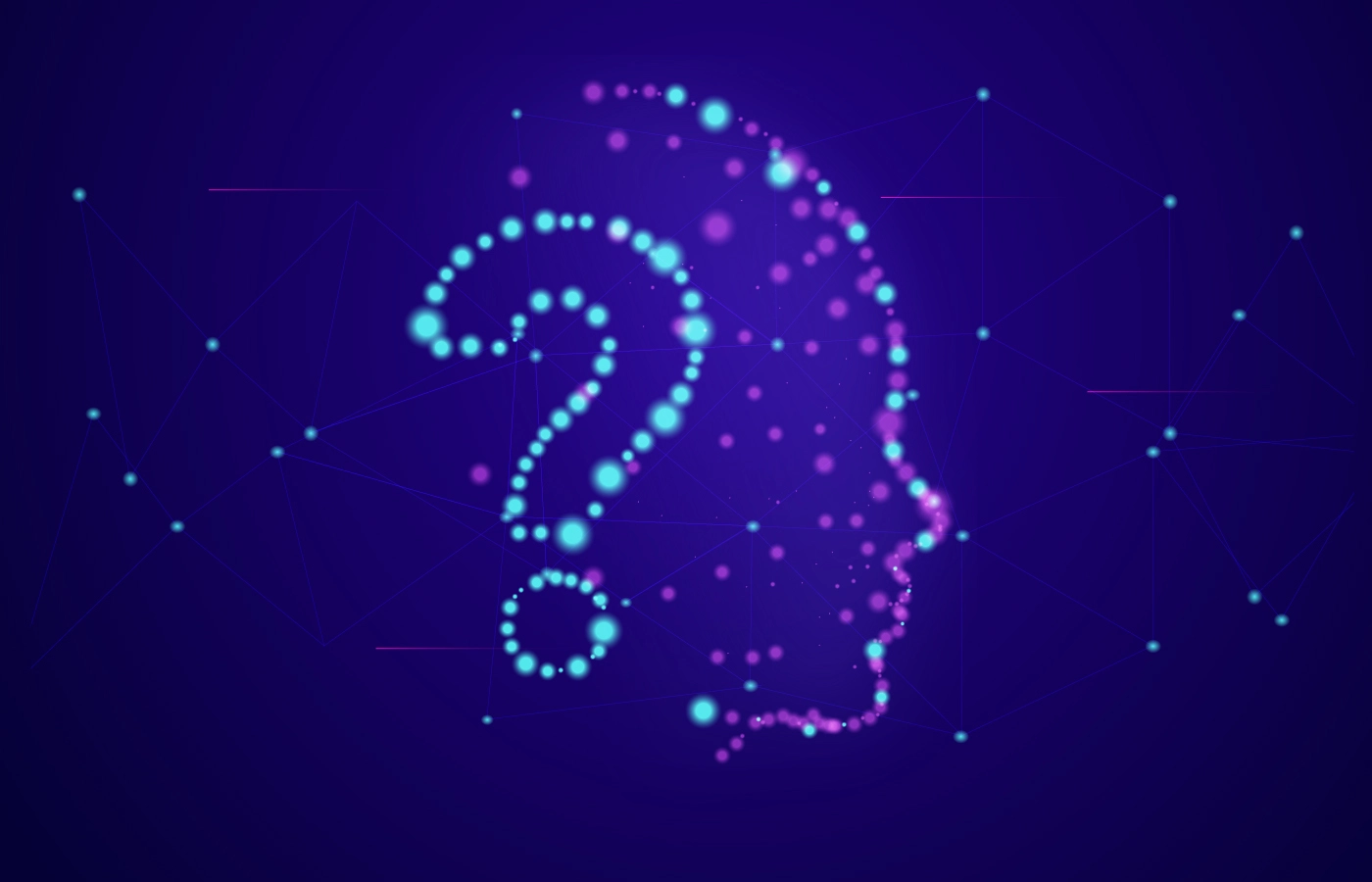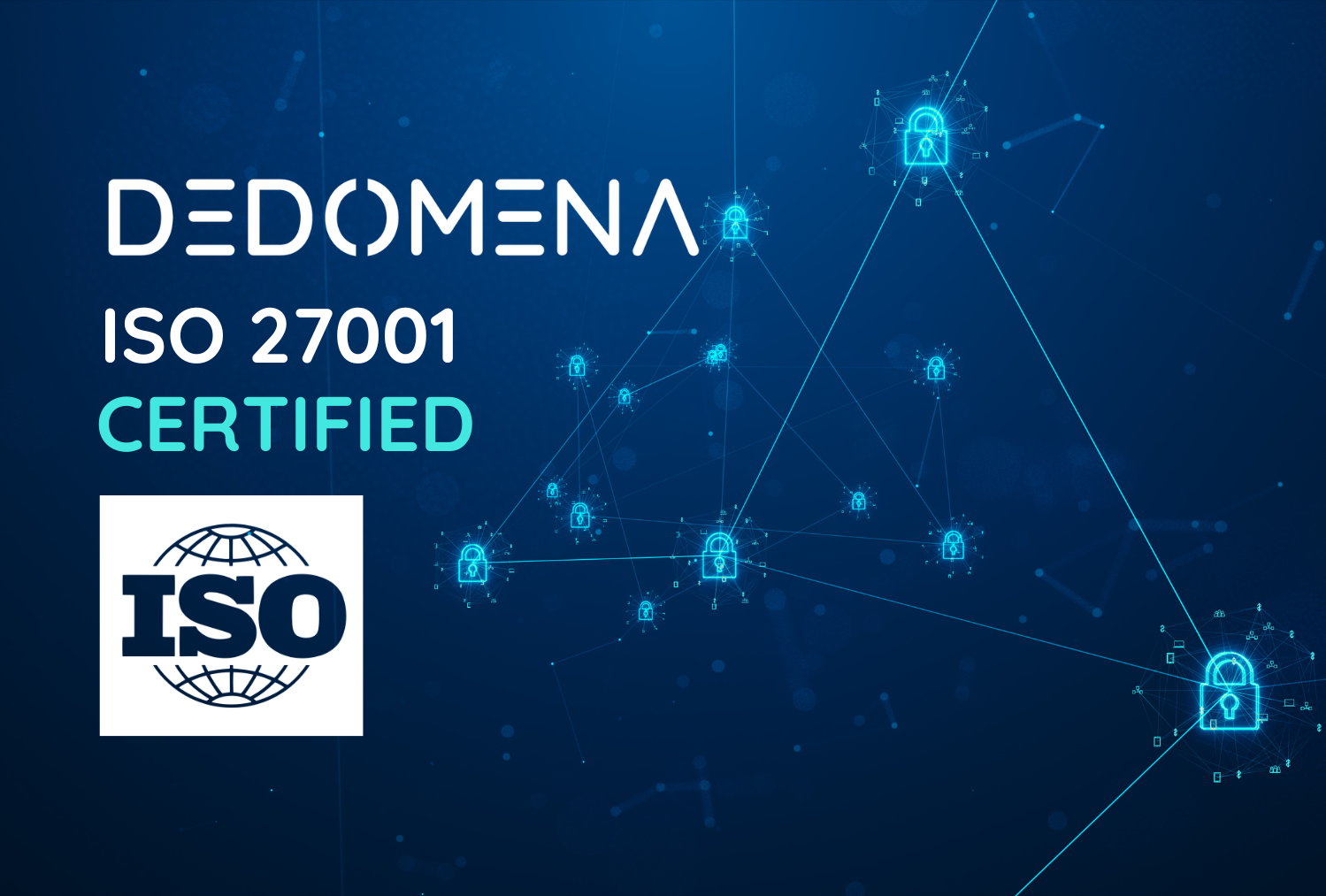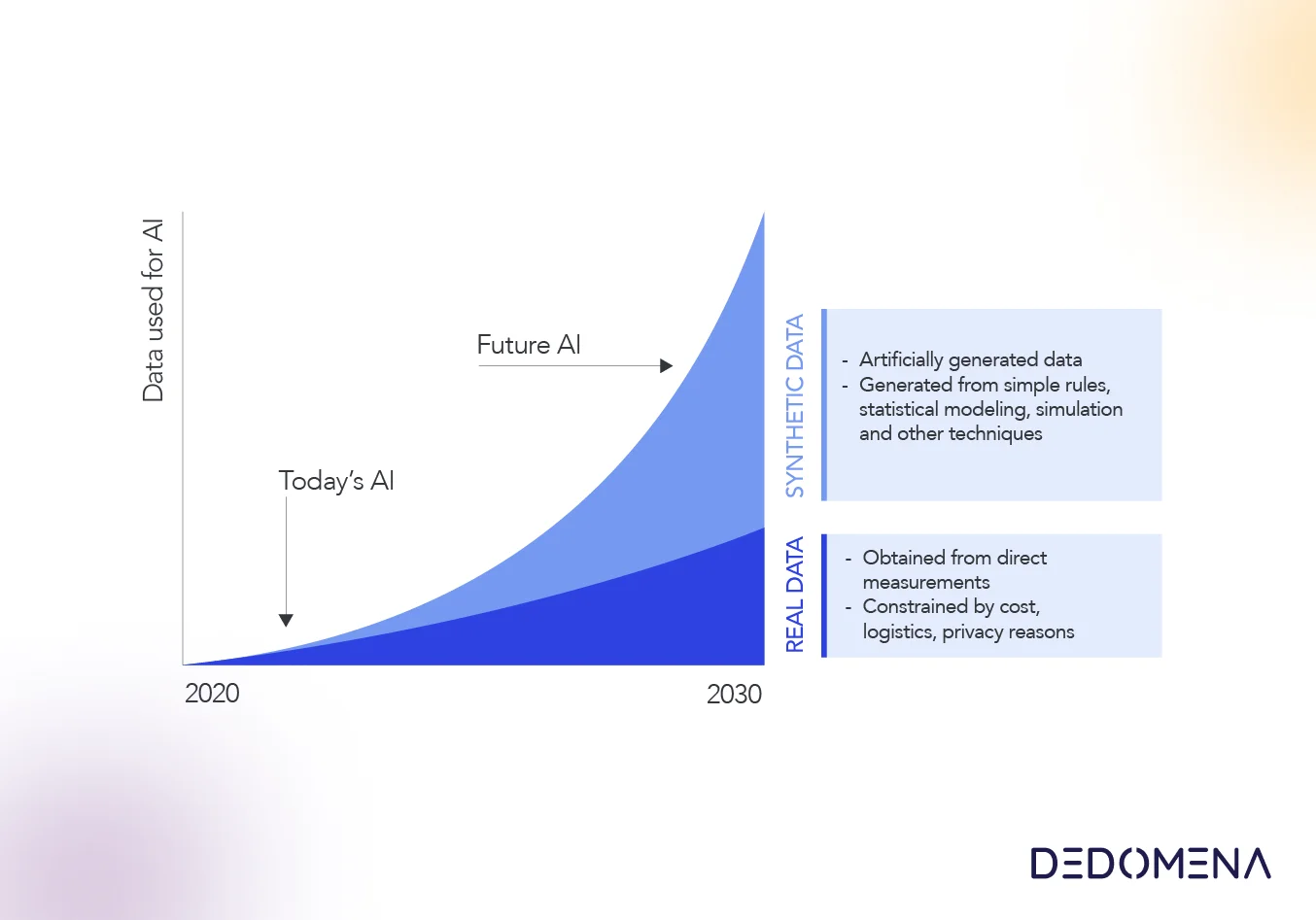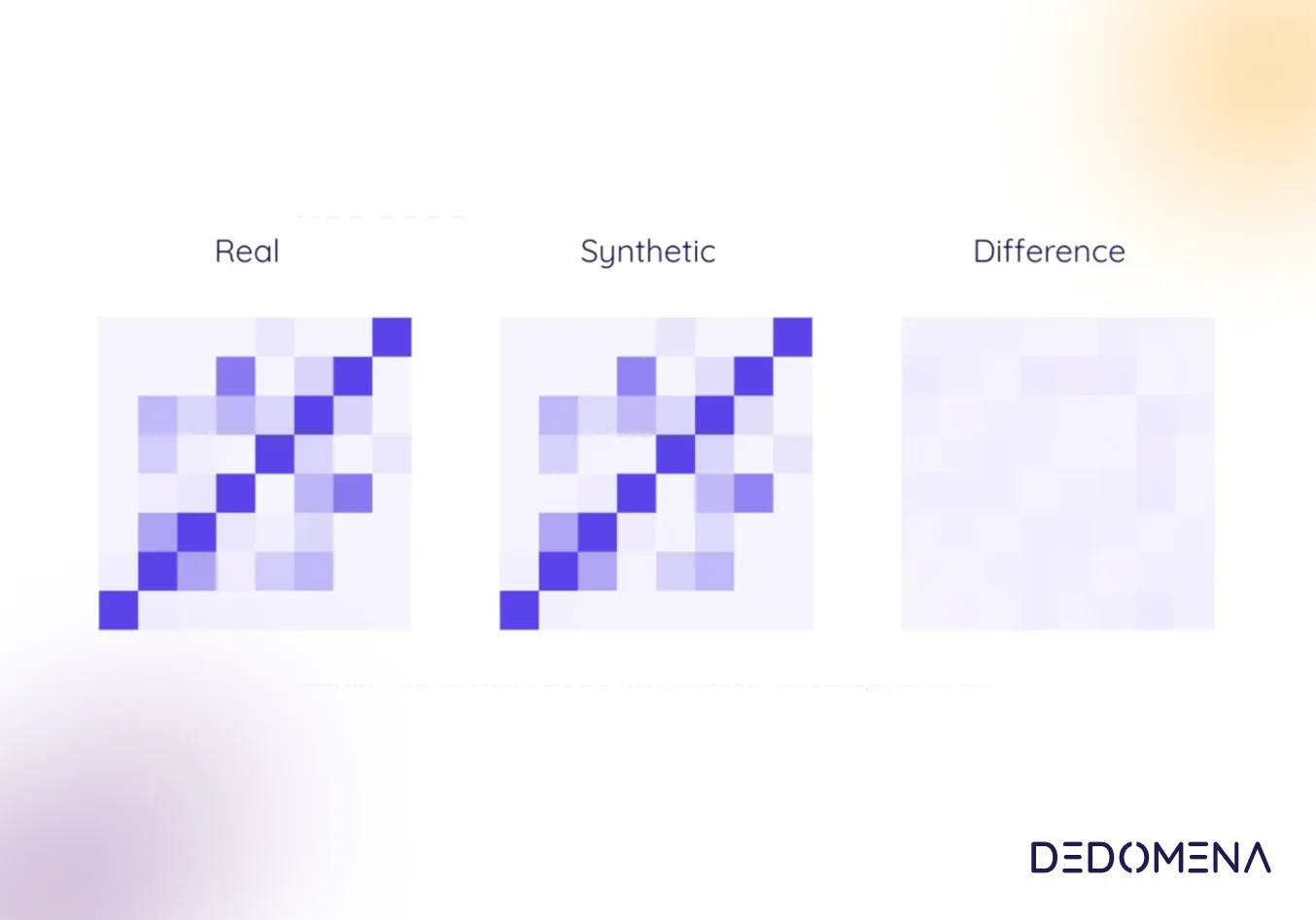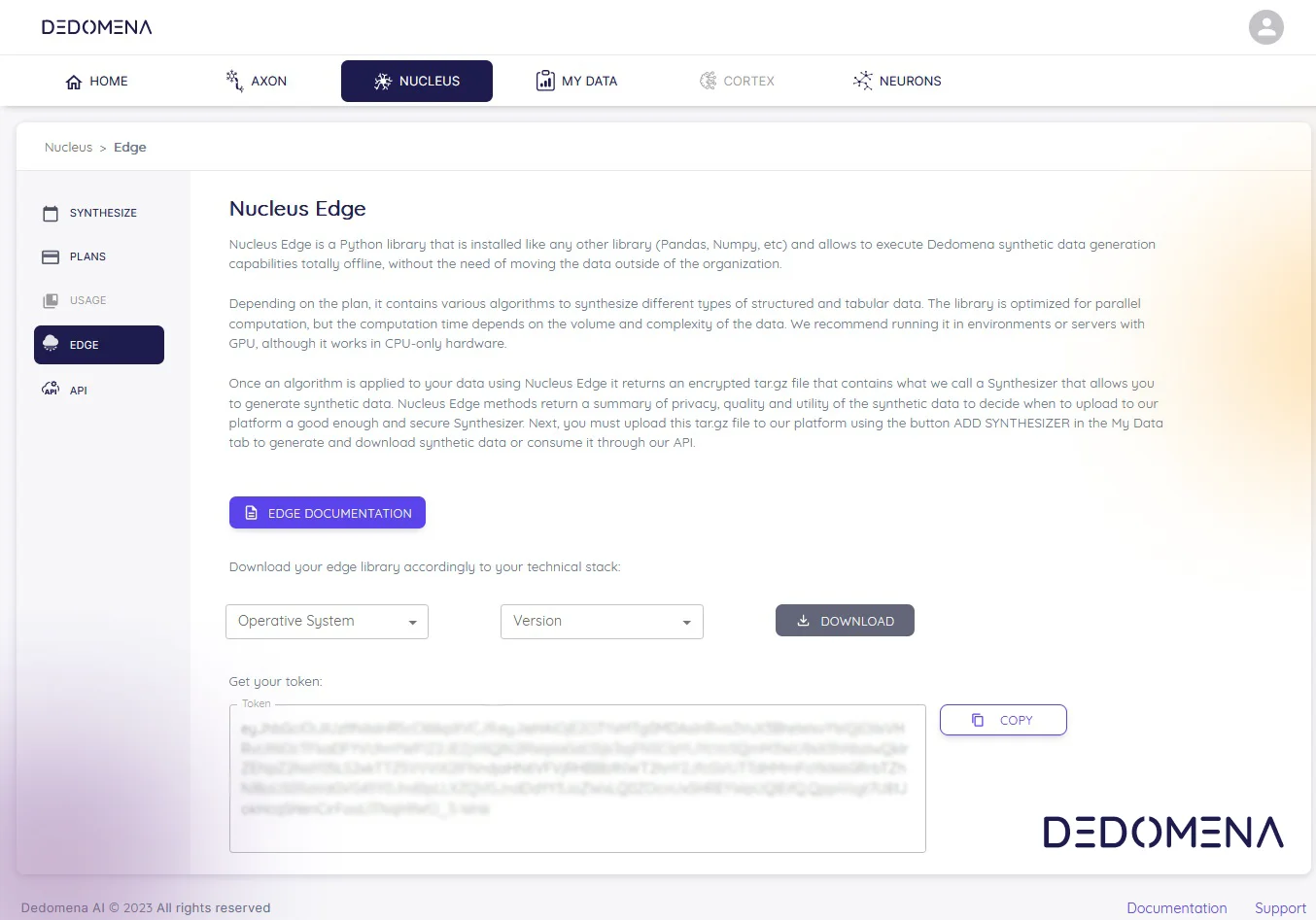The healthcare industry stands as one of the most intricate and delicate sectors when it comes to the handling of data. In this context data goes beyond mere facts and figures; it delves into the very personal realms of individuals' health. Patients are understandably hesitant to share their most sensitive information for analytical purposes.
The significance of accessing and processing health data is underscored by the extreme sensitivity of the information it encompasses. Such intricate details necessitate a heightened level of care and ethical consideration in how this data is accessed, managed, and processed. Striking the delicate balance between advancing medical research, enhancing patient care, and safeguarding individual privacy is a multifaceted challenge that the healthcare industry navigates daily.
In this complex realm where data serves as the lifeblood of medical advancements, researchers grapple with three pivotal challenges that define the intricacies of their mission:
Data regulations
Navigating the complexities of data regulations can be challenging. There are a number of data privacy regulations that impact the health industry, including: the General Data Protection Regulation (GDPR), the digital Care Act (DVG) and the Health Insurance Portability and Accountability Act (HIPAA). Those regulations establish the guidelines for the collection, storage, use and protection of patient information. It applies to all organizations that work in healthcare areas and require access to a certain amount of personal data for using it solely for specific health activities.
Abstaining from healthcare data analysis may seem like a straightforward solution to avoid regulatory pitfalls, however the cost for humanity would be high. Striking a balance between compliance and the imperative for advancements in healthcare is crucial to fostering a dynamic and responsible approach to data utilization.
Various sources and formats
Health data is derived from a multitude of sources, each presenting its unique challenges. Hospital records, patient records, examinations, etc. Given this extensive array of data sources, disparities in formats and accuracy pose significant hurdles. The process of compiling, formatting, and ultimately cleansing these health records demands considerable time and effort.
Elevated costs
Due to the imperative of safeguarding patient data, healthcare companies implement additional security measures, elevating the costs associated with data maintenance. For instance, investments in on-premises hosting are made to ensure data security. This approach, however, is closely tied to increased expenses and the need for additional IT specialists responsible for the security and maintenance of on-premises servers.
As healthcare organizations grapple with these challenges hindering effective data analysis, an increasing number of companies are exploring alternative solutions.
Synthetic Data for supporting health research
Synthetic data offers a groundbreaking solution by providing a realistic and privacy-preserving alternative to real patient data. This possibility not only simplifies the process but also unlocks a realm of new possibilities by eliminating Personally Identifiable Information (PII) and Protected Health Information (PHI).
Synthetic data becomes the cornerstone for studies where real data might be unavailable or too scarce. This is particularly crucial in cases where the disease is rare or newly discovered, ensuring that data science teams can operate effectively even in challenging scenarios. With its adaptable nature, synthetic data becomes a catalyst for innovation, offering unique insights into patients and diseases.
Bridging the data gap
Real-world clinical data is often dispersed, limited, or protected by stringent privacy regulations. Synthetic clinical data serves as a bridge, allowing researchers to access comprehensive and diverse datasets without compromising patient confidentiality. This facilitates a more thorough understanding of various medical conditions and their nuances.
Privacy preservation
Patient privacy is a crucial concern in healthcare research. Synthetic clinical data provides a privacy-preserving alternative by generating artificial but statistically equivalent datasets. Researchers can perform in-depth analyses and develop models without handling sensitive patient information directly, ensuring compliance with strict data protection laws. Synthetic data doesn't require patient consent, so it's cost-efficient and easier to obtain.
Overcoming data limitations
Traditional healthcare datasets may lack diversity, hindering the generalizability of research findings. Synthetic clinical data enables the creation of representative datasets that encompass a broader spectrum of demographics, medical conditions, and treatment outcomes. This diversity enhances the robustness and applicability of research outcomes.
Accelerating innovation
Synthetic data accelerates the research and development process by overcoming barriers related to data access and privacy concerns. Researchers can focus on their core work, confident in the knowledge that synthetic datasets provide a secure foundation for experimentation and innovation.
Boosting collaboration
Sharing real clinical data among institutions can be challenging due to privacy, security, and legal considerations. Synthetic clinical data eases collaboration by providing a safe medium for sharing datasets without exposing actual patient information. This collaborative approach fosters a collective effort towards significant breakthroughs in healthcare research.
As the industry continues to embrace the era of data-driven insights, the role of synthetic data in advancing healthcare research is poised to become even more prominent. Researchers and healthcare professionals alike are encouraged to explore the possibilities that synthetic clinical data offers for a brighter, more innovative future in healthcare research.
Accelerating healthcare research and innovation, synthetic data facilitates rapid algorithm training, mitigates bias, and promotes cross-institutional collaboration. It effectively bridges the gap between the growing demand for data-driven healthcare solutions and the imperative to safeguard patient privacy.











